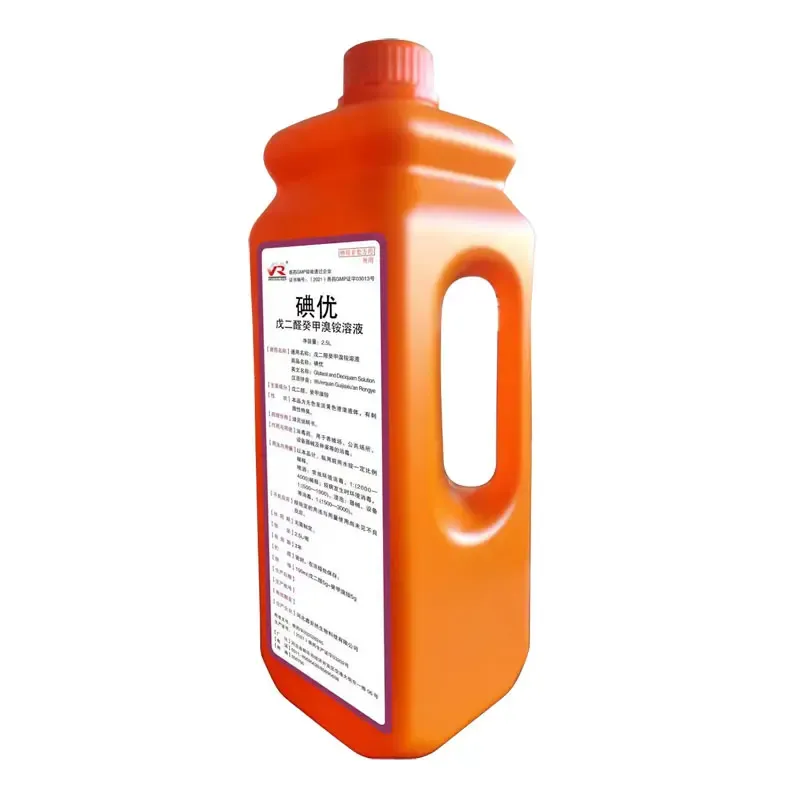- Afrikaans
- Albanian
- Amharic
- Arabic
- Armenian
- Azerbaijani
- Basque
- Belarusian
- Bengali
- Bosnian
- Bulgarian
- Catalan
- Cebuano
- Corsican
- Croatian
- Czech
- Danish
- Dutch
- English
- Esperanto
- Estonian
- Finnish
- French
- Frisian
- Galician
- Georgian
- German
- Greek
- Gujarati
- Haitian Creole
- hausa
- hawaiian
- Hebrew
- Hindi
- Miao
- Hungarian
- Icelandic
- igbo
- Indonesian
- irish
- Italian
- Japanese
- Javanese
- Kannada
- kazakh
- Khmer
- Rwandese
- Korean
- Kurdish
- Kyrgyz
- Lao
- Latin
- Latvian
- Lithuanian
- Luxembourgish
- Macedonian
- Malgashi
- Malay
- Malayalam
- Maltese
- Maori
- Marathi
- Mongolian
- Myanmar
- Nepali
- Norwegian
- Norwegian
- Occitan
- Pashto
- Persian
- Polish
- Portuguese
- Punjabi
- Romanian
- Russian
- Samoan
- Scottish Gaelic
- Serbian
- Sesotho
- Shona
- Sindhi
- Sinhala
- Slovak
- Slovenian
- Somali
- Spanish
- Sundanese
- Swahili
- Swedish
- Tagalog
- Tajik
- Tamil
- Tatar
- Telugu
- Thai
- Turkish
- Turkmen
- Ukrainian
- Urdu
- Uighur
- Uzbek
- Vietnamese
- Welsh
- Bantu
- Yiddish
- Yoruba
- Zulu
9 月 . 02, 2024 12:12 Back to list
Oxytetracycline Injection Dosage for Goats - Complete Guide
Oxytetracycline Injection Dose for Goats
Oxytetracycline, a broad-spectrum antibiotic belonging to the tetracycline class of drugs, is commonly used in veterinary medicine for treating a variety of bacterial infections in livestock, including goats. Understanding the appropriate dosage and administration is crucial for ensuring effective treatment while minimizing potential side effects.
The typical dosage of oxytetracycline for goats varies depending on the specific condition being treated and the animal's weight. Generally, the recommended dosage is around 20 to 25 mg per kg of body weight, administered either through intravenous, intramuscular, or subcutaneous routes. It is essential to consult a veterinarian to confirm the diagnosis and determine the exact dosage and treatment duration, as these factors can significantly influence the outcome.
When administering oxytetracycline, it is important to follow proper injection protocols to reduce the risk of localized reactions or infections. The site of injection should be clean and free of contaminants. Moreover, rotating injection sites can help prevent tissue damage that may result from repeated injections in the same area.
oxytetracycline injection dose for goats

Oxytetracycline is effective against a range of pathogens that cause respiratory infections, enteritis, and other bacterial diseases in goats. However, it is vital to note that the use of antibiotics must be judiciously managed to prevent the development of antibiotic resistance. Therefore, treatment should only be given when necessary and under professional guidance.
In addition to its antibacterial properties, oxytetracycline can also have anti-inflammatory effects, which may contribute to the overall health improvement in infected animals. However, potential side effects can include gastrointestinal disturbances, allergic reactions, and impacts on the development of young goats if used inappropriately.
To maximize the therapeutic benefits and ensure herd health, farmers should also focus on preventive measures such as proper nutrition, good hygiene practices, and stress management. These factors play a significant role in reducing the incidence of infections and the subsequent need for antibiotic treatments.
In conclusion, oxytetracycline is a valuable tool in veterinary medicine for managing infections in goats, but its use must be approached with care. Farmers should work closely with veterinarians to ensure the correct dosing and administration practices, fostering a healthy and productive goat herd.
-
The Power of Radix Isatidis Extract for Your Health and Wellness
NewsOct.29,2024
-
Neomycin Sulfate Soluble Powder: A Versatile Solution for Pet Health
NewsOct.29,2024
-
Lincomycin Hydrochloride Soluble Powder – The Essential Solution
NewsOct.29,2024
-
Garamycin Gentamicin Sulfate for Effective Infection Control
NewsOct.29,2024
-
Doxycycline Hyclate Soluble Powder: Your Antibiotic Needs
NewsOct.29,2024
-
Tilmicosin Premix: The Ultimate Solution for Poultry Health
NewsOct.29,2024













